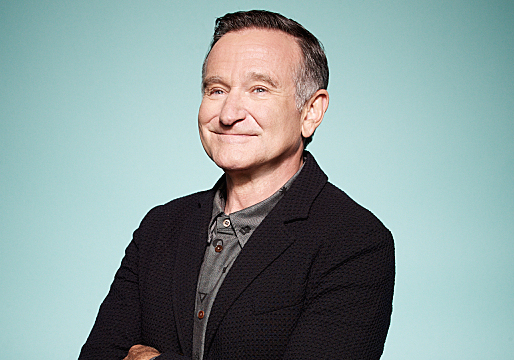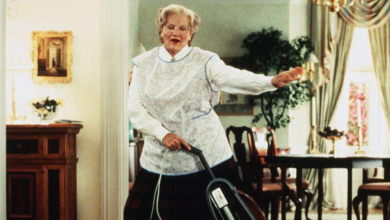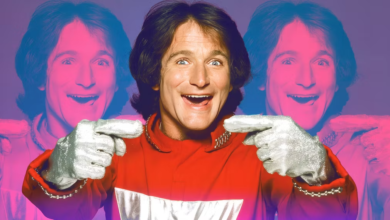Behind the smile of Robin Williams: The inspiring life of a comedic genius

It takes an actor who didn’t just perform for our entertainment, but one who also inspired change in others to receive recognition from the American President. Upon the tragic death of Robin Williams on August 11th 2014, this is exactly what happened, as President Barack Obama released the following statement: “Robin Williams was an airman, a doctor, a genie, a nanny, a president, a professor, a bangarang Peter Pan, and everything in between,” he said.
Obama added: “He arrived in our lives as an alien—but he ended up touching every element of the human spirit. He made us laugh. He made us cry. He gave his immeasurable talent freely and generously to those who needed it most—from our troops stationed abroad to the marginalized on our own streets,” Obama’s statement concluded.
Tragically, comedian, actor and all-around cultural icon Robin Williams took his own life after a lengthy battle with alcoholism and severe mental health issues that spiked after surgery in 2009. Issues had sparked in the late 1970s and early ’80s when he became addicted to cocaine, citing the death of friend John Belushi in 1982 from a drug overdose as a significant wake-up call. In Williams’ own words, during a conversation with Us Magazine, he said: “It sobered the shit out of me”. Problems arose again, however, when in 2003 Williams began drinking again, checking himself in to a substance-abuse rehabilitation centre in 2006 to help deal with this alcoholism.
On the surface, Williams was the funniest person in the room and the brightest spark in 20th-century cinema, a sage-like figure capable of soothing the soul and healing the mind in films like Good Will Hunting, Mrs. Doubtfire and Dead Poets Society. To many, the mere possibility that, behind the facade, Williams could be dealing with such mental health trauma was inconceivable.
Since the start of the 21st-century, and particularly following the death of Robin Williams, campaigns to support and promote the discussion of mental health issues have grown considerably. Williams’ story has become iconic of the performance, a mask that those suffering from mental health problems might put on when, in actual fact, behind their brave face they are fragile and voiceless.
Though, despite suffering from depression since the 1980s, in the midst of such mental torment, Williams made it his mission to reach out and inspire others. Speaking to ABC News shortly before his death, the actor noted: “The thing that matters are others, way beyond yourself, self goes away”. Such was an ethos threaded throughout the whole of the actor’s filmography, present in each one of his characters who inspired hope and ambition, from Dead Poet Society’s John Keating all the way to the animated Genie in Aladdin.
Despite his eroding sense of self, Williams inspired others to become the best, funniest and most enlightened versions of themselves, in an incredible ode to the genuine kindness of the actor himself. His legacy stands as a beacon of hope for others, inspiring his followers to find solace in their mental state whilst encouraging them to speak out and find happiness in the darkest corners. As Williams once said: “It was a couple of years of just thinking I could do it on my own, and you can’t. That’s the bottom line”.




